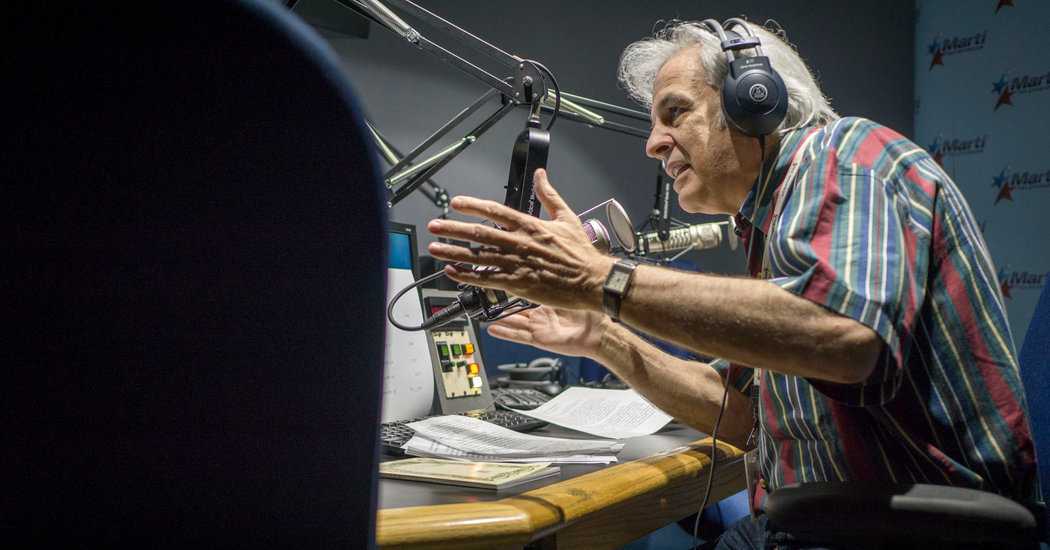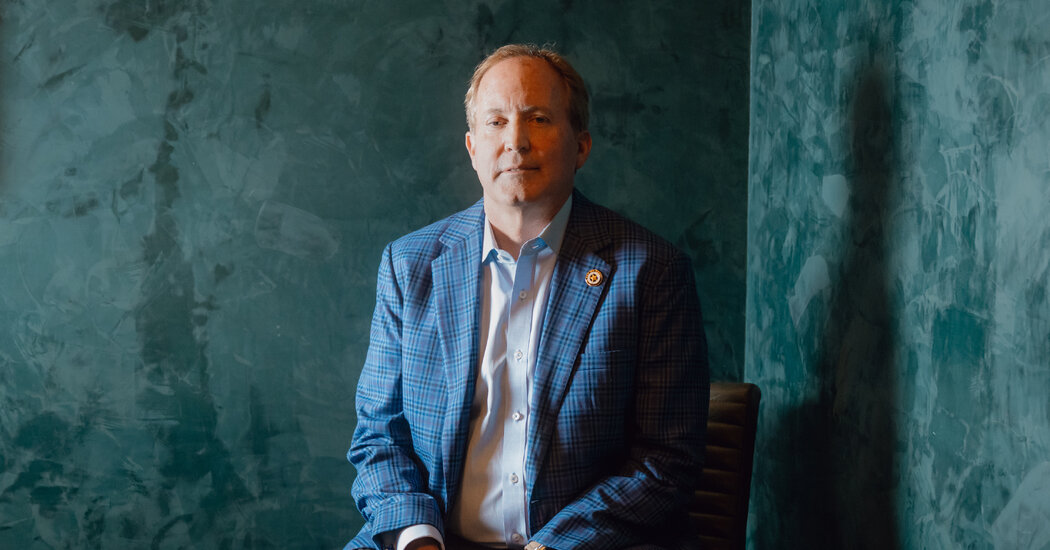Radio Martí: A Voice Silenced by Trump Administration
For four decades, a U.S.-financed broadcaster provoked the ire of the communist government in Cuba. President Trump dismantled it in a matter of days. Journalists from Radio Martí, the U.S. federally-funded news outlet aimed at communist Cuba, were in the middle of interviewing a Cuban activist in Miami on a recent Saturday when bleak looks suddenly came over their faces. The 40-year-old news agency, designed to send uncensored news in Spanish into Cuba, had just been ordered closed by the Trump administration, the crew learned in an email. The profile of the activist — Ramón Saúl Sánchez, known for leading protest flotillas to Cuba — was scrapped. “They were very confused,” Mr. Sánchez said. “They said, ‘We think we’ve been terminated. We need to leave.’”
Radio Martí Shuts Down After Four Decades
As the situation continues to unfold, stakeholders both within and outside the agency remain on edge about the future of Radio Martí. The recent dismantling highlights ongoing debates around the necessity and efficacy of Cold War-era broadcasting structures in a rapidly changing digital landscape. The effort to reach Cuban audiences has had to adapt to an increasingly international community spread across multiple platforms. Despite significant operational hurdles, the urge for providing uncensored information to audiences under strict governmental controls persists. While technology presents new opportunities for engagement, it simultaneously challenges the traditional modes of broadcasting that entities like Radio Martí historically relied upon. As Cuba experiences significant socio-economic shifts, the fate of this broadcaster has become inextricably linked to broader discussions about freedom of speech and international influence in an era defined by digital communication.
Budget Cuts and Layoffs at Radio Martí
The White House declined interview requests with Kari Lake, who is overseeing the dismantling of the U.S. Agency for Global Media, which includes Radio Martí. Mauricio Claver-Carone, President Trump’s adviser on Latin America, said he believed some semblance of Radio Martí would be saved. “I think you can appreciate the historic importance of something and the role it plays while recognizing it needs to be updated toward the world we live in — it’s not the 80s anymore or the 90s or even early 2000s,” he said. “We can look at this as the great Martí reset.” Ronald Reagan created Radio Martí in 1983, at the height of the Cold War, at the urging of a prominent Cuban American exile leader, Jorge Mas Canosa. It was meant to penetrate censorship on the island, where media is tightly controlled by the government and independent journalists generally wind up in prison or in exile. It went on the air in 1985, and later expanded to include television. But as recently as 2019, an internal audit commissioned by the U.S. Agency for Global Media said it produced “bad journalism” and “ineffective propaganda.” The audit came months after a widely criticized piece calling billionaire philanthropist George Soros “a nonbelieving Jew of flexible morals” led to the firing of several journalists. Another top official was caught falsely claiming more than $35,000 in expenses.
Radio Martí’s Relevance in the Digital Age
A strong presence on social media had become a lifeline for Radio Martí, allowing it to maintain relevance despite heavy censorship on the island. The broadcaster’s shift towards digital platforms enabled it to circumvent traditional media blockades, providing Cubans with much-needed information, especially during times of crisis. Nevertheless, the closure of Radio Martí left its staff and supporters uncertain about the future of free press initiatives aimed at Cuba. The growing digital engagement indicated a demand for alternative viewpoints, yet the recent budget cuts and terminations cast doubt on the continuity of these efforts. As the situation remains fluid, supporters and political figures debate the potential revival of the outlet and its mission amid a rapidly evolving media landscape and tense geopolitical climate.
Future Prospects for Radio Martí
In light of all these developments, the future of Radio Martí remains uncertain, yet the mission it served continues to hold significance for many. As Cuba endures a profound crisis, the absence of uncensored information could potentially strengthen the regime it has long opposed. While the Trump administration’s stance has led to a significant reduction in operations, there is still hope among its supporters and former employees that Radio Martí can adapt and find a new path forward in the digital age. The situation demonstrates the ongoing tensions between financial oversight and the need for free press in authoritarian societies, highlighting the ever-present challenges of promoting democracy through media in restrictive environments.















Post Comment